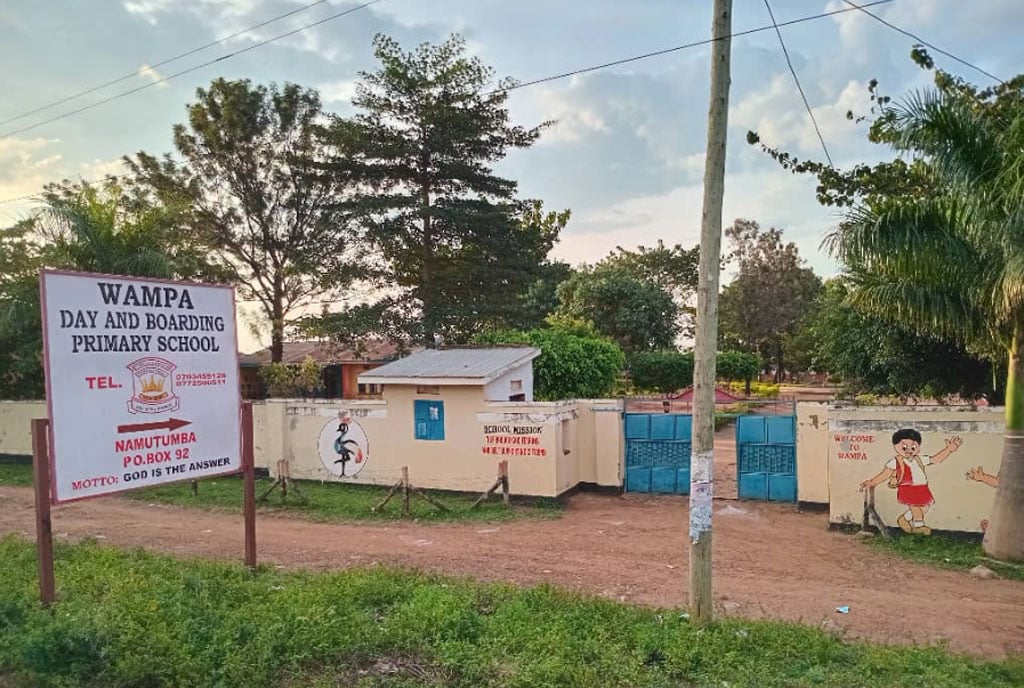Prime
Govt sets tough rules for Covid vaccine importers

Health minister Dr Ruth Aceng receives Covid-19 vaccines on March 5, 2021 at Entebbe International Airport. PHOTO | ABUBAKER LUBOWA
What you need to know:
Health ministry says the vaccines being imported must have been cleared by World Health Organisation.
Government has lifted restrictions on the importation of Covid-19 vaccines by private companies but has set tough conditions that must be met.
Allowing private companies to import and carry out vaccination will improve access and uptake of the serum, which the country is looking at to return society to normalcy, curb Covid-19 hospitalisation and deaths, according to Uganda Medical Association.
Addressing journalists at the Ministry of Health headquarters in Kampala yesterday, the Minister of Health, Dr Jane Aceng, said they have been receiving requests from private organisations that want to import the serum but have to fulfil some requirements in order to be given the green light.
“This [requisition for permission to import Covid-19 vaccines] is welcome, however, we wish to caution that while requesting is perfectly okay, and that the Ministry of Health will definitely consider the request, the private organisation should explicitly state the type of Covid-19 vaccine they intend to import,” she said.
Dr Aceng explained that the vaccine being imported must have already been cleared by World Health Organisation (WHO) for emergency use and approved by the National Drug Authority (NDA) for use in the country.
The minister further said the companies should disclose where [manufacturers] they will import the vaccines from and how they will maintain the cold chain to keep the vaccine effective.
However, the State minister for Health in charge of general duties, Ms Robinah Nabbanja, said although private companies want to bring the vaccines, the chance of getting the serum is thin due to the high global demand.
“We are getting many private companies who want to import the vaccines. But our fear is the quality of the vaccines they will import. Some people may import substandard vaccines. But then if countries [governments] are not accessing the vaccines, do you think they will?” she said.
The WHO country representative, Dr Yonas Worldemariam, said the Serum Institute of India, the manufacturer of NDA and WHO-approved AstraZeneca vaccine is not producing sufficient doses that can meet the high global demand.
He said the limited availability of the vaccine is also due to the move by the Indian government to prioritise its population, but that they held a meeting with the manufacturers who promised to increase production next month to meet the demand.
Dr Aceng said the other conditions that must be met by private companies are the declaration of the how the vaccine will be stored and how the companies will manage adverse events after immunisation.
The AstraZeneca vaccine requires storage condition of between 2-8 degrees centigrade to remain viable, according to information from manufacturers.
Dr Alfred Driwale, the head of immunisation programme at the Health ministry, said the Astrazeneca vaccine is safe and that the common after-effects of the vaccines that have been reported in the country include fever, headache, nausea and pain at the injection.
No adverse reaction such as blood clotting or death have been reported in Uganda from the 144,025 people vaccinated so far, according to Dr Driwale.
Several countries have reported cases of blood clotting and death among recipients of AstraZeneca vaccine, but WHO said there is no direct link that the jab led to such occurrences.
Health workers asked to take jabs
Dr Aceng appealed to health workers to embrace the Covid-19 vaccination exercise, saying this will motivate other people to take the jabs.
“It is your responsibility to set a good example and to educate the general public on the benefits of the Covid-19 vaccine,” she said.
Dr Denis Kimalyo, the executive director of Uganda National Association of Private Hospitals (UNAPH), told this newspaper previously that the uptake of the vaccine among health workers in private facilities is “very low” due to scepticism about safety of the vaccine.



